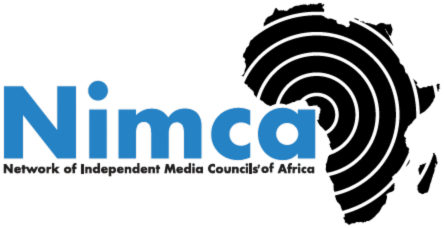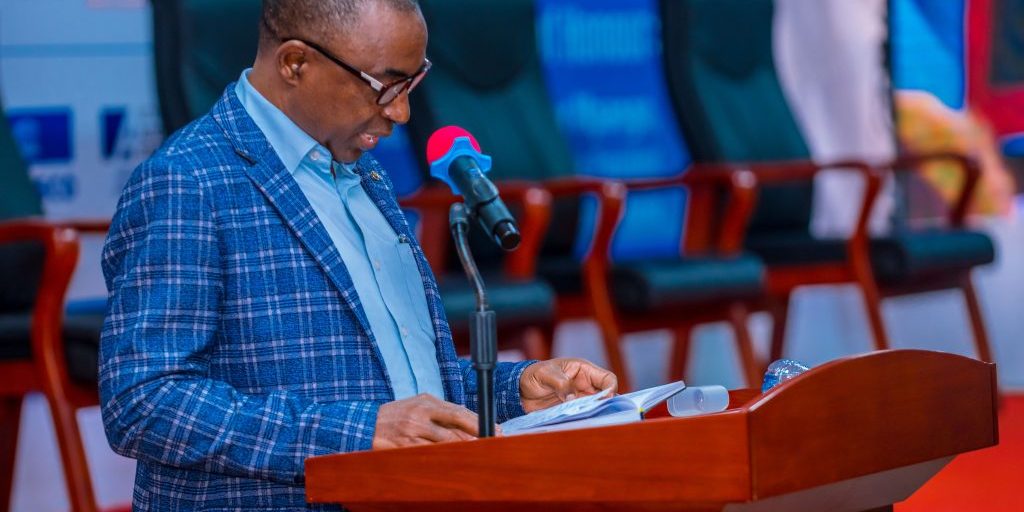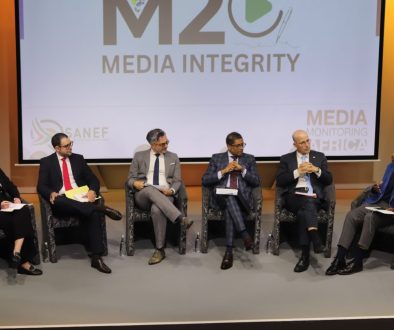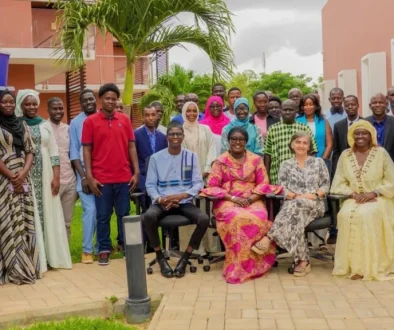‘Media councils must rise to rebuild trust, integrity in journalism’
 Tanzania’s Vice-President Dr Philip Mpango has warned that unchecked spread of disinformation, hate speech and unethical journalism, particularly through digital platforms, is eroding public trust and threatening the future of independent media across Africa.
Tanzania’s Vice-President Dr Philip Mpango has warned that unchecked spread of disinformation, hate speech and unethical journalism, particularly through digital platforms, is eroding public trust and threatening the future of independent media across Africa.
He issued the warning yesterday when officiating at the opening of the Network of Independent Media Councils in Africa (NIMCA) conference in Arusha. The event coincided with the 30th anniversary of the Media Council of Tanzania (MCT).
The network gathers media regulators and practitioners from across the continent to address challenges facing journalism in a rapidly changing media environment, such as that which the VP said Africa is witnessing, along with an increasing erosion of trust in the media.
He said the spread of disinformation, hate speech and divisive narratives is weakening traditional media credibility and diminishing the authority of media councils, calling for urgent reforms in media regulation frameworks
These structures account for the growing impact of AI in news production, editing and distribution, he said, acknowledging AI’s potential to change journalism, ‘despite that it is being misused to create and disseminate false content at alarming speeds’.
‘I urge this conference to propose legal and policy frameworks that enable Africa to benefit from AI while safeguarding journalistic ethics, the right to accurate information and freedom of expression,’ he told the gathering.
To counter disinformation and strengthen journalism, media councils need to actively enforce professional ethics, handle public complaints transparently and invest in periodic training to equip journalists for the modern news landscape, he specified.
‘Media councils must rise to the challenge of rebuilding trust and integrity in journalism. Ethical reporting must be non-negotiable,’ the VP intoned, insisting that media councils need to uphold strong accountability mechanisms.
Tanzania is hosting the conference, the first since NIMCA’s formation in 2024 in Cape Town, South Africa. Mpango described this as an honour for the country and for the MCT.
The council worked closely with Information authorities to reformulate media policy, he said, reiterating that the core mandate of media councils is to regulate the conduct of media houses, enforce ethical standards and protect the integrity of the journalism profession
‘In doing so, media councils build public trust and help raise standards of journalism across the continent,’ Mpango confirmed, noting, however, that financial difficulties face many African media houses. ‘This often leads to sensationalism and ethical compromises in pursuit of revenue and popularity.’
Sustainable development in the media sector requires robust legal and institutional frameworks that uphold freedom of expression and the right to access information, he stated.
Prof Palamagamba Kabudi, Tanzania’s Information, Culture, Arts and Sports minister, said the 4Rs agenda has helped strengthen media freedom, praising MCT for its close collaboration with the ministry in improving the media framework.
Susan Namondo, United Nations Resident Coordinator in the United Republic of Tanzania, praised the government for its legal reforms, particularly recent amendments on cybercrime and media service laws
Ernest Sungura, MCT Executive Director and the first Chairperson of NIMCA, said Africa’s media sector faces serious challenges that require a unified voice and coordinated solutions, including media sustainability and press freedom.
He said stronger institutional support to ensure media houses maintain their watchdog role while upholding ethics and professionalism, is vital.
PICTURE: Media Council of Tanzania Executive Director Ernest Sungura urges stronger institutional support for the media
This article was first published here



